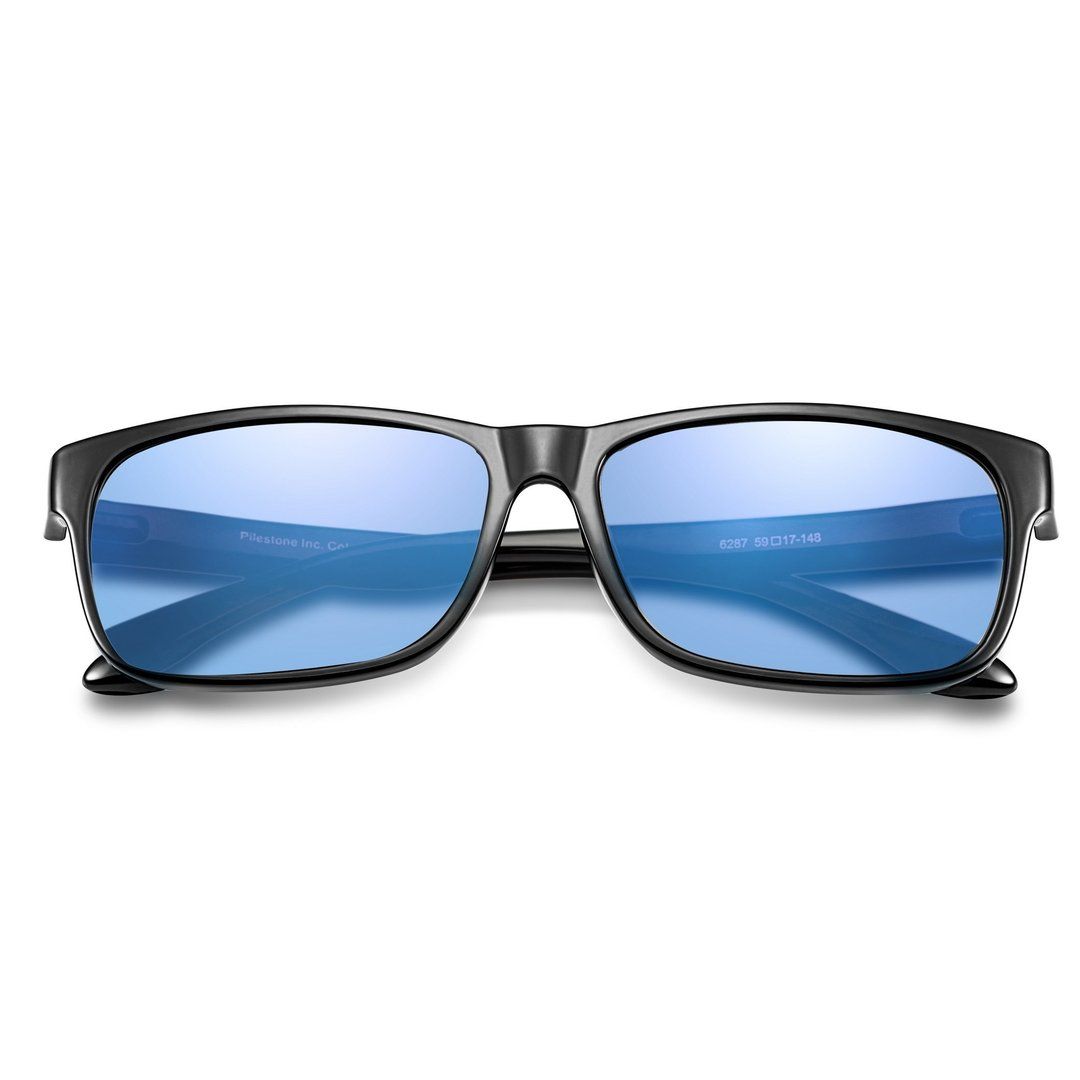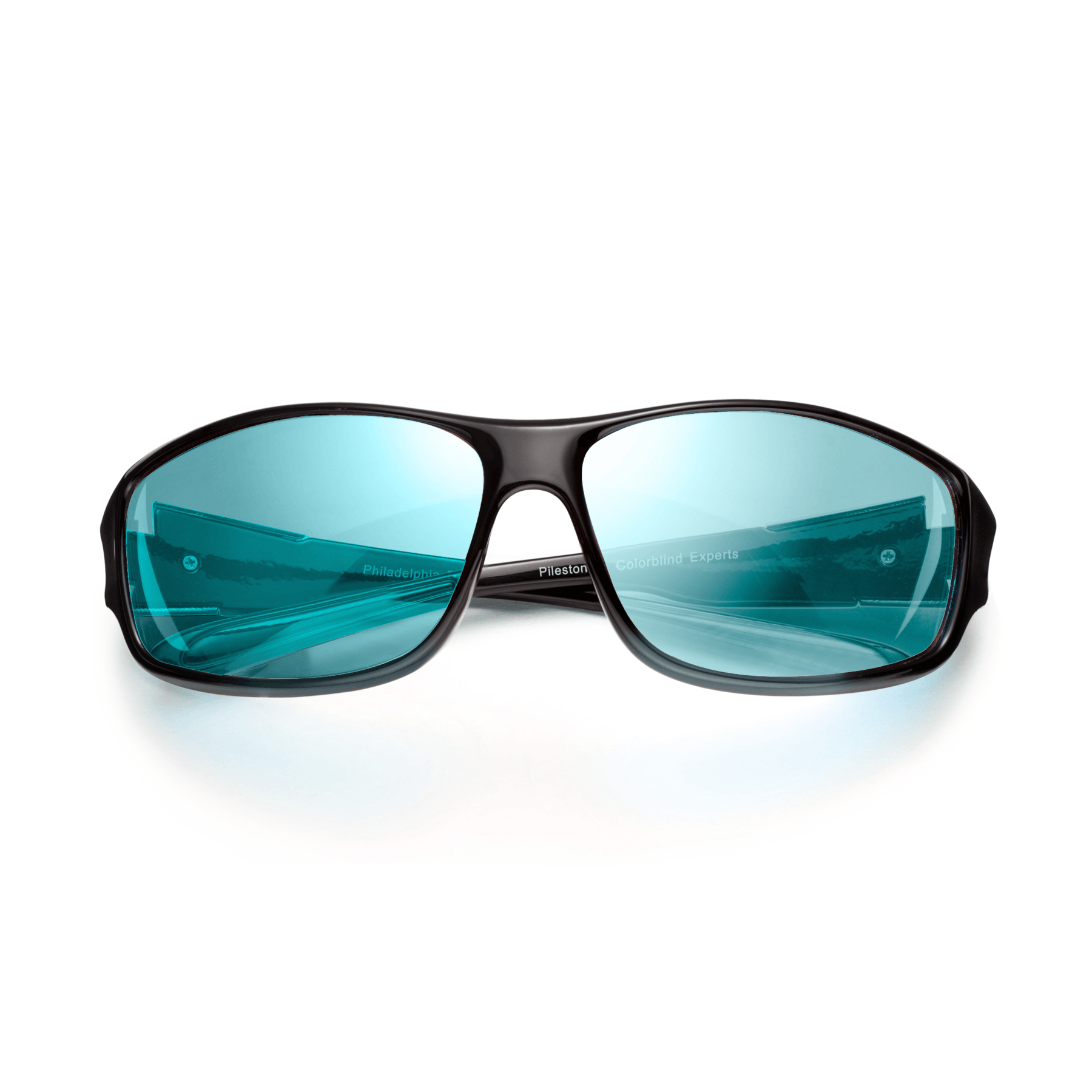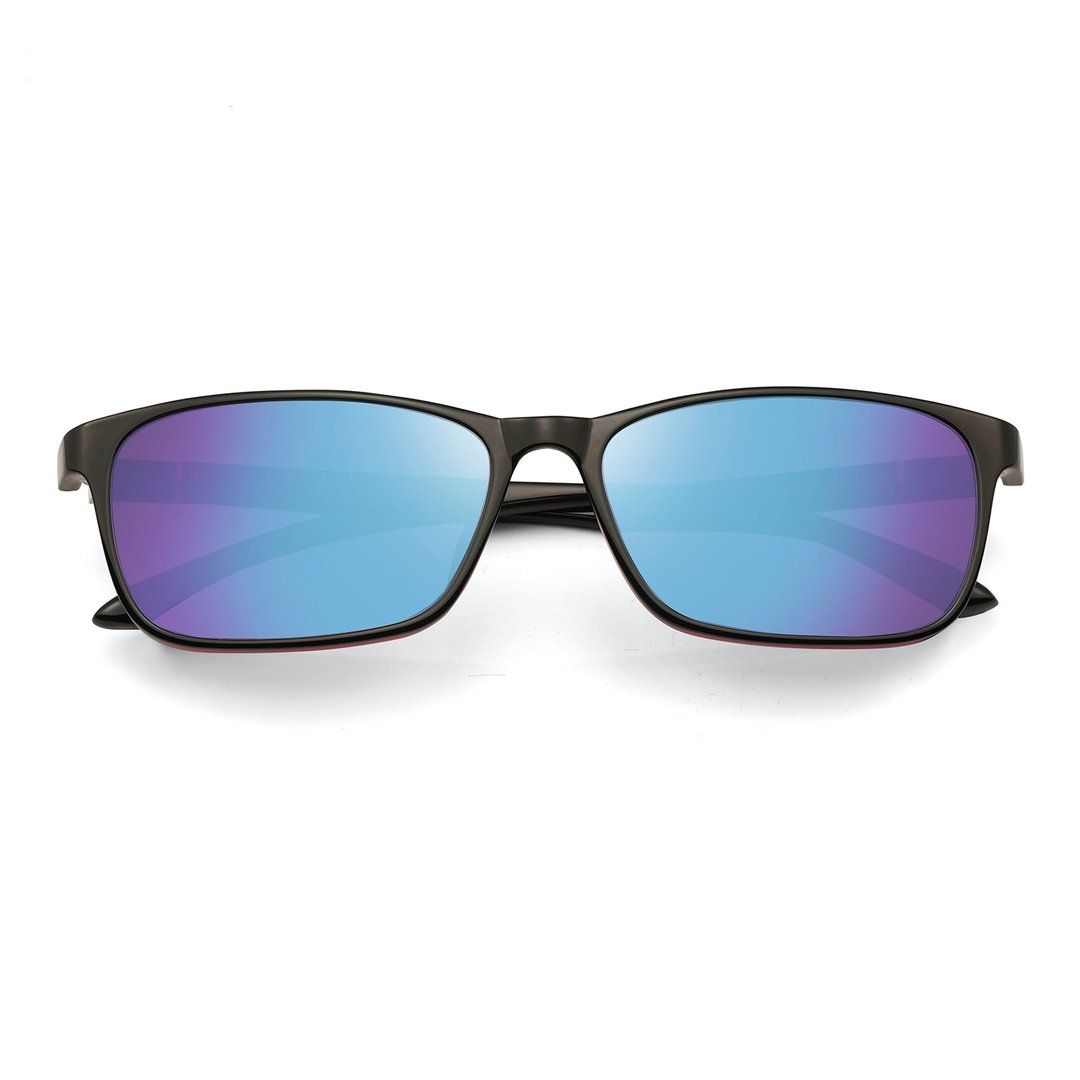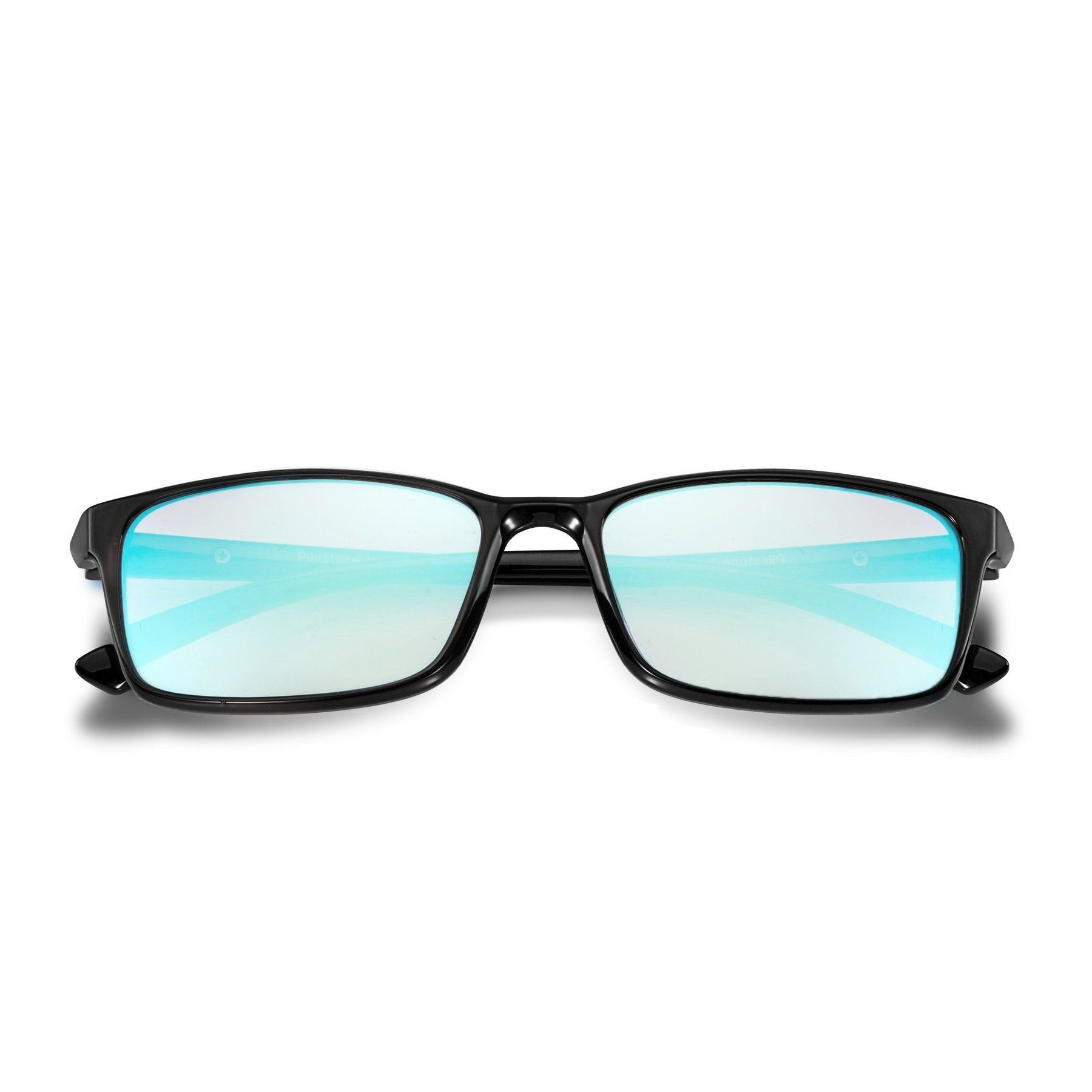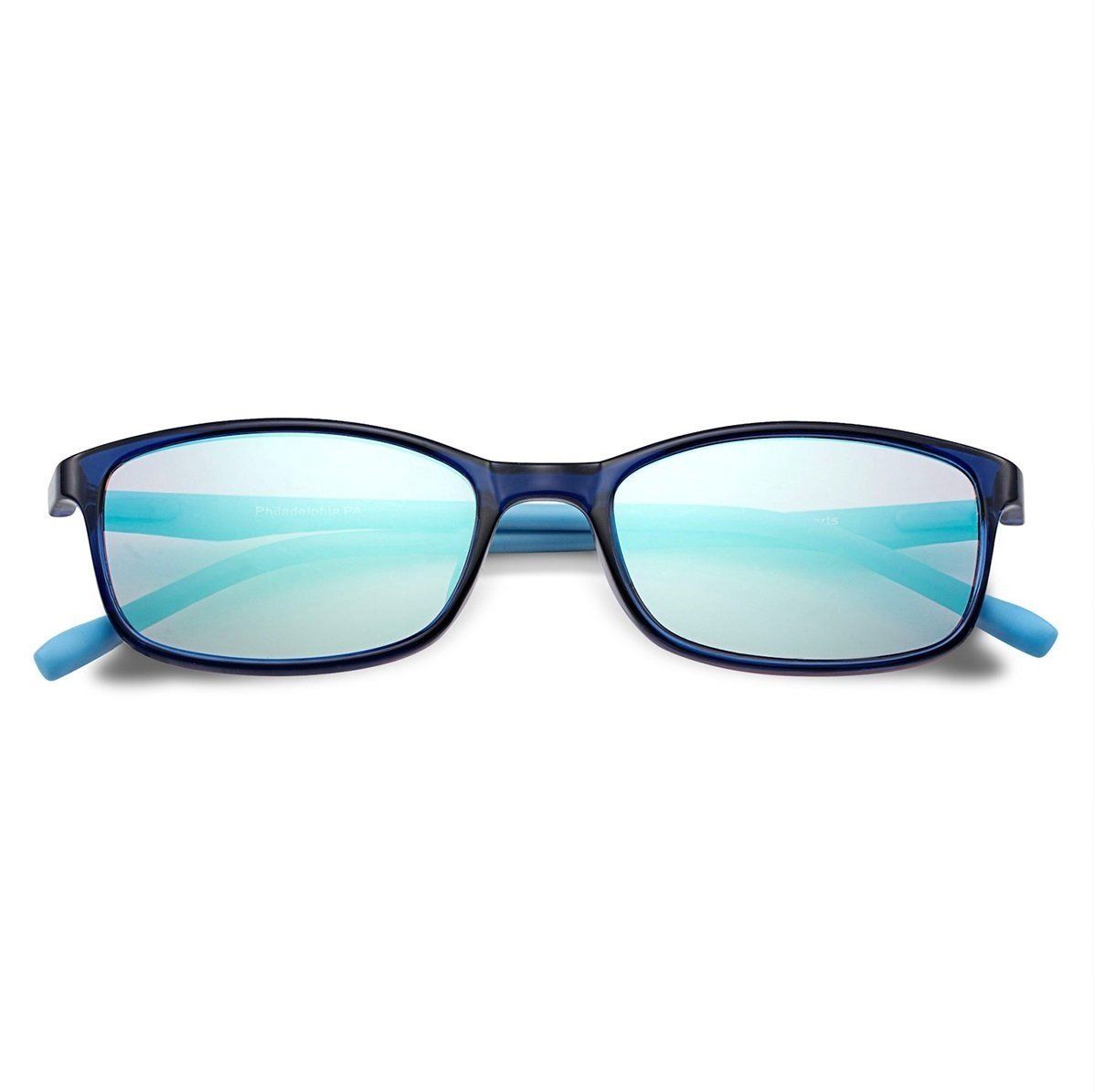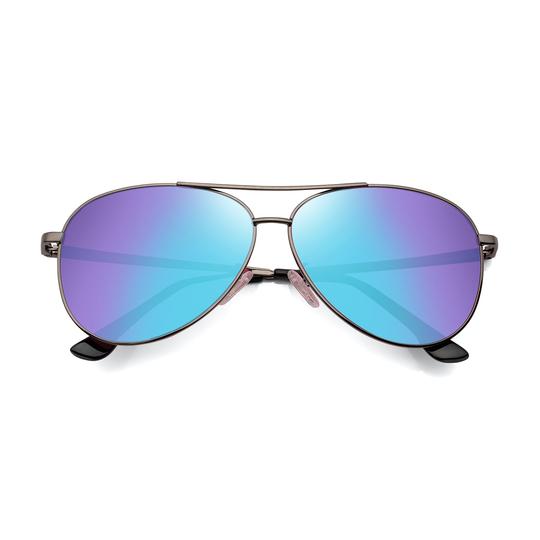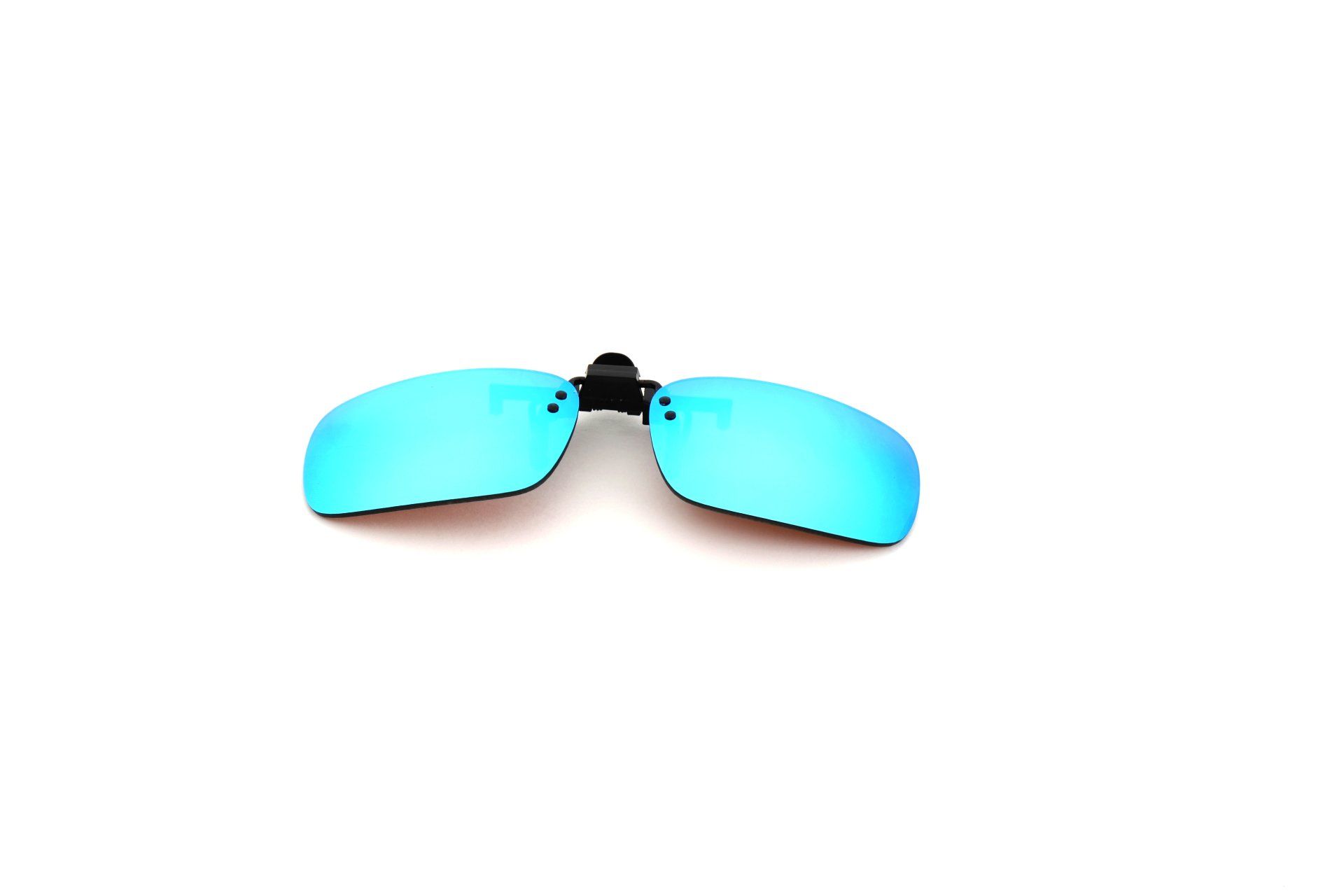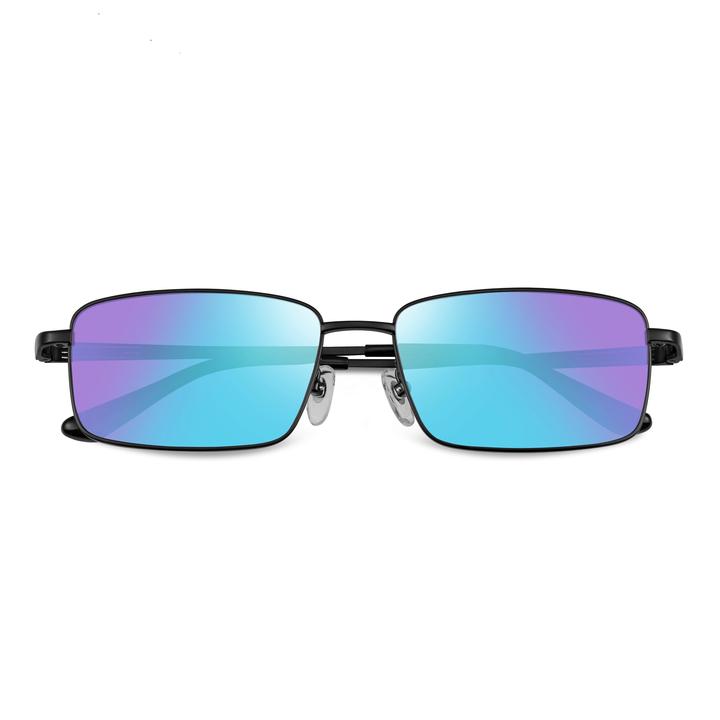Pilestone has developed 5 unique corrective lens types and you may be wondering which one to choose? In this simple lens selection guide we're going to run you through each lens type to ensure you choose the right lens suitable for you or your loved one.
First of all you need to know the 3 types of colour blindness that benefit from our glasses
1.Deuteranomaly/Deuteranopia or otherwise more commonly known as 'red-green' colour blindness. This type of colour blindness is the most common and can affect a broad spectrum of colours including reds, greens, browns, oranges, blues, purples, pinks and yellows.
2.Protanomaly/Protanopia -this is a less common sub-type of red-green colour blindness and mostly affects reds more than greens.
3.Tritanomaly/Tritanopia This is a very rare type of colour blindness and affects only 1 in every 100 people that suffer from colour blindness. Tritan colour deficiency affects the blue-yellow spectrum.
Type A (Universal)
This lens is universal, meaning it is equipped with the necessary technology for deutan and protan colour blindness (red-green blindness). People with mild/moderate colour blindness typically show best results from this lens.
Type B (Universal)
Our most popular and effective lens for most users. Similar to lens A, but has a darker, stronger tint to the lens. Our lens B is universal and therefore developed for people with deutan and protan colour blindness (red-green blindness). People with strong/severe colour blindness typically show best results from this lens. Pilestone highly recommend our most popular and effective lens: B. This lens is universal and is equipped with the technology for all types of color deficiencies.
Type D
Our lens type D is developed for those with only protan colour blindness. People with strong/severe protan colour blindness typically show best results from this lens.
Type E
Designed specifically for those who suffer from tritan colour blindness. Tritan colour blindness affects the blue-yellow colour spectrum.
If you are still not sure what to choose, Pilestone highly recommends our most popular and effective Type B lens or seek the assistance of an optometrist to confirm colour blind type. This lens is universal and is equipped with the technology for all types of color deficiencies and is therefore our most popular and effective lens.
Click
on glasses below for
prices
and
links
to AMAZON
CANADA to complete your purchase!
COLOUR BLIND TEST
-
Wayfarer Classic
ButtonLENS TYPES A, B, E
-
Sport Edition
ButtonLENS TYPES A, B, D
-
Slimline Classic
ButtonLENS TYPE B
-
The Casual
ButtonLENS TYPES A, D
-
Children's
ButtonLENS TYPES A, B
-
Aviator Classic
ButtonLENS TYPES A, B
-
Clip-Ons
ButtonLENS TYPES A, B, D
-
SALE!..Titanium Frame
ButtonLENS TYPE B
